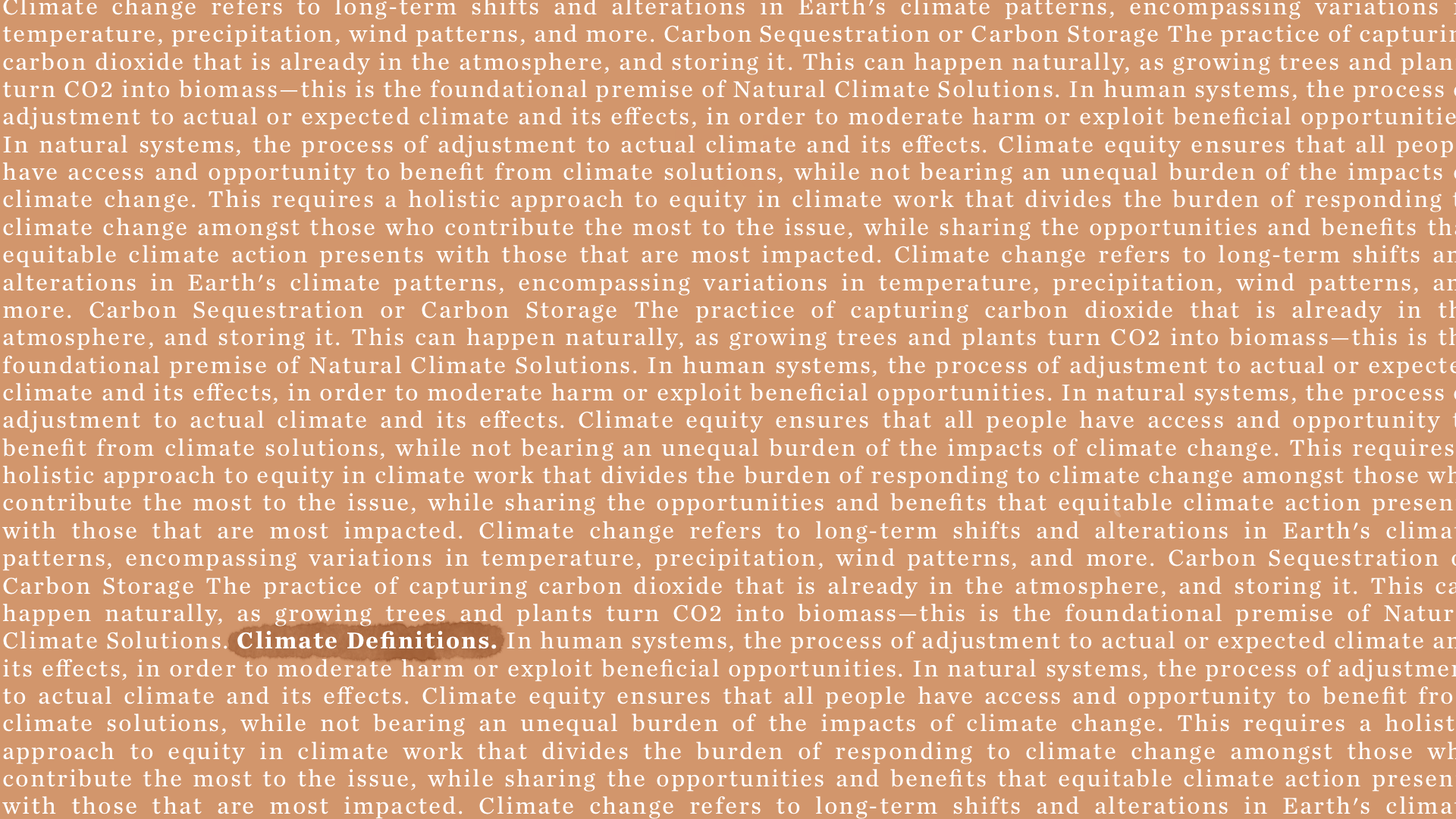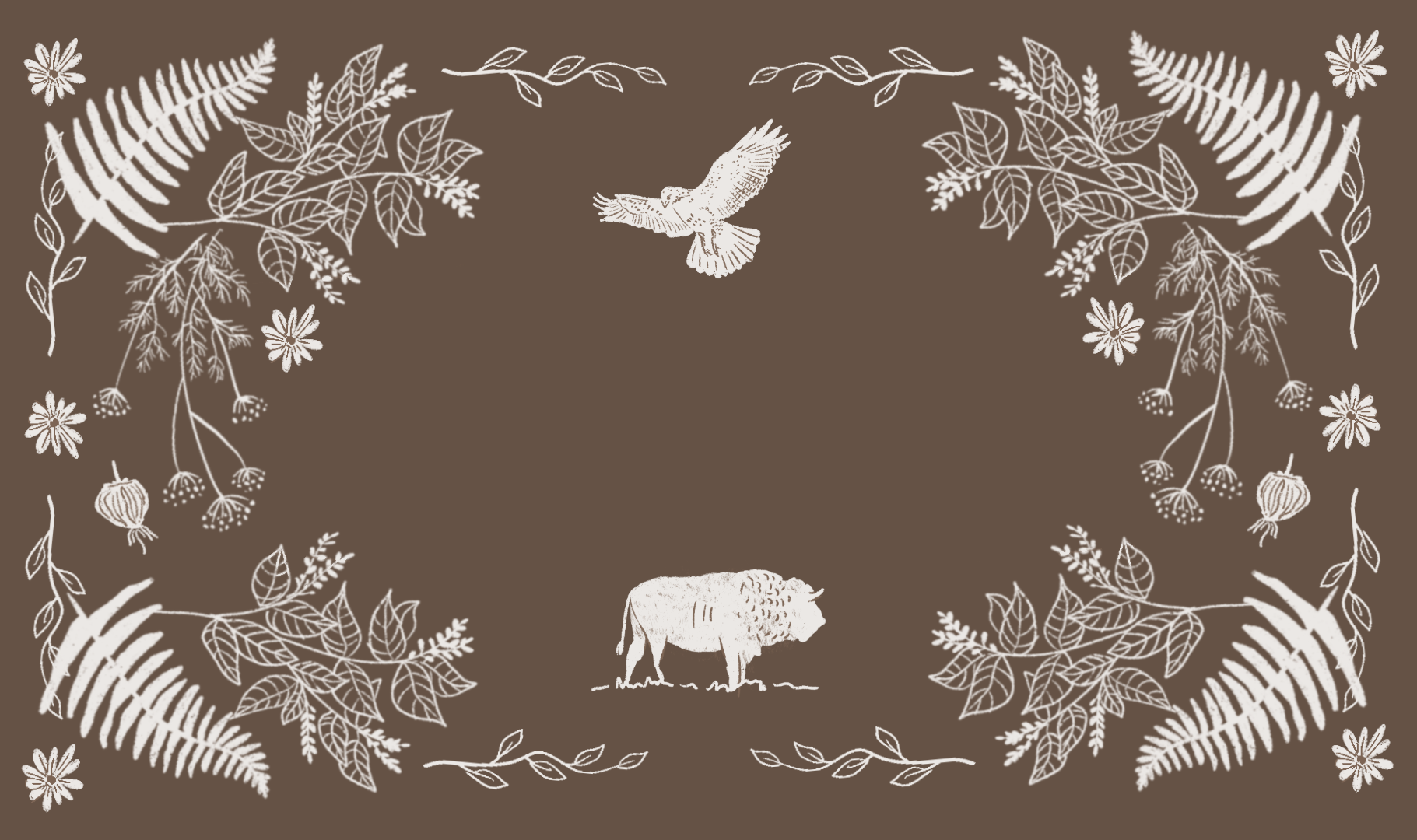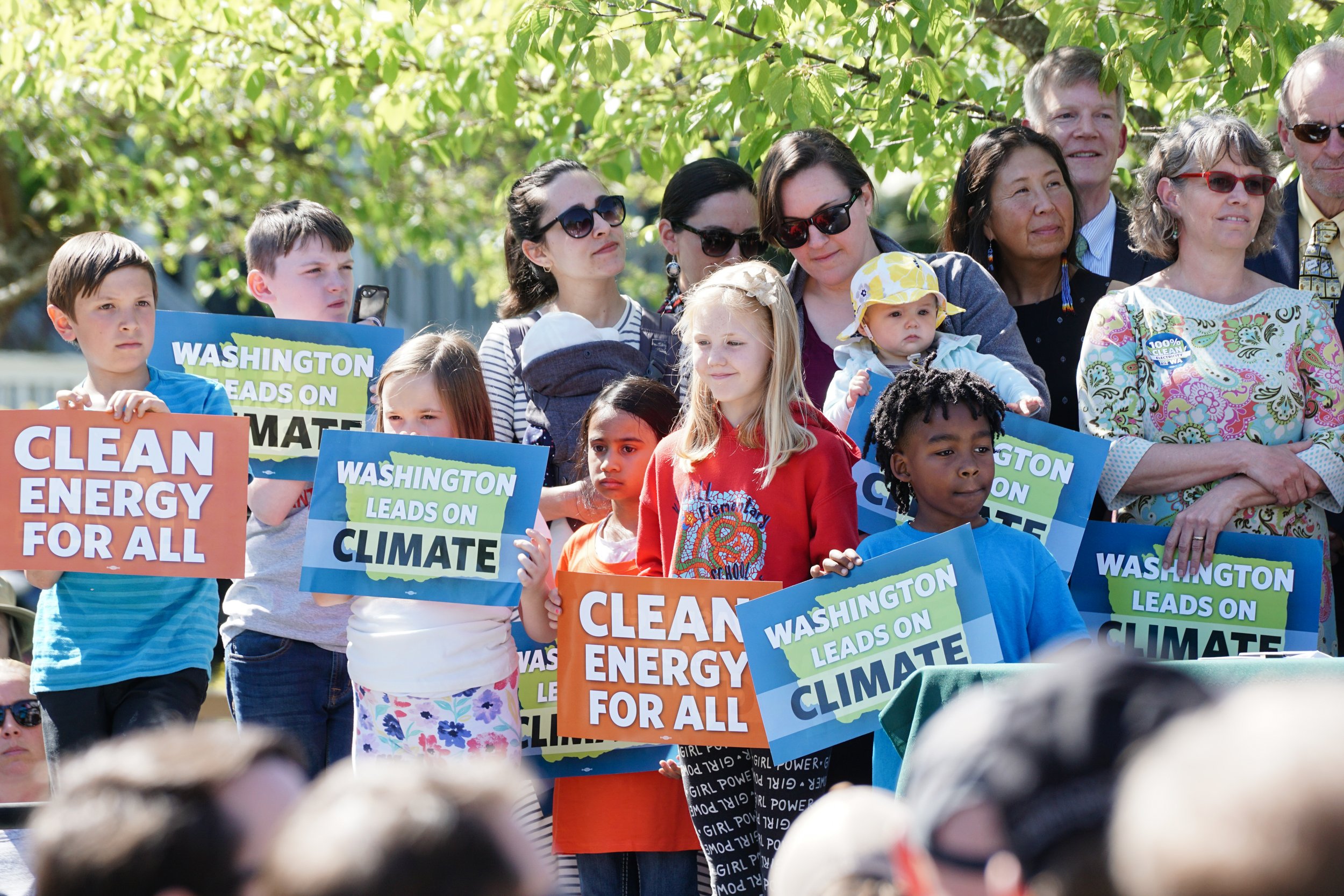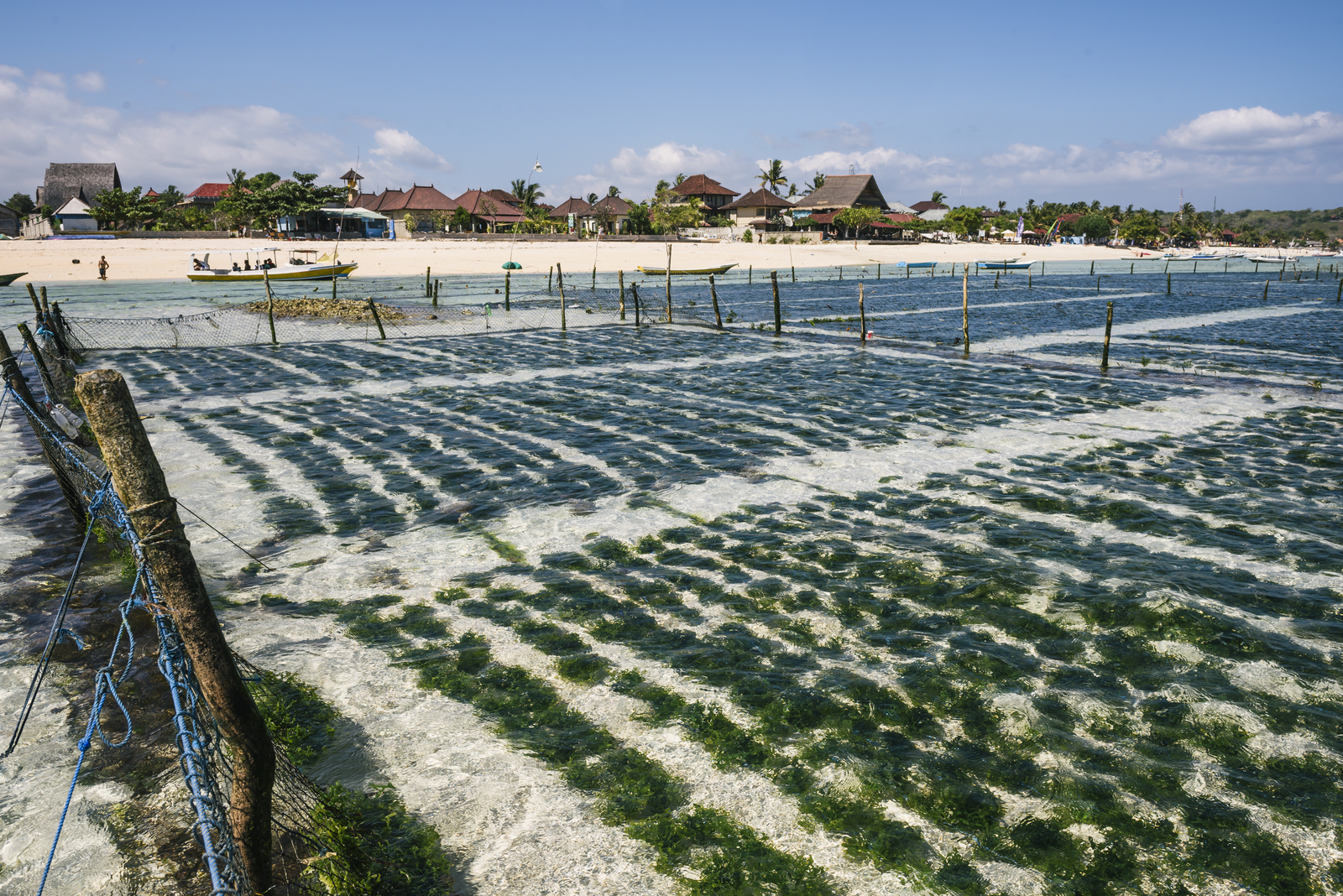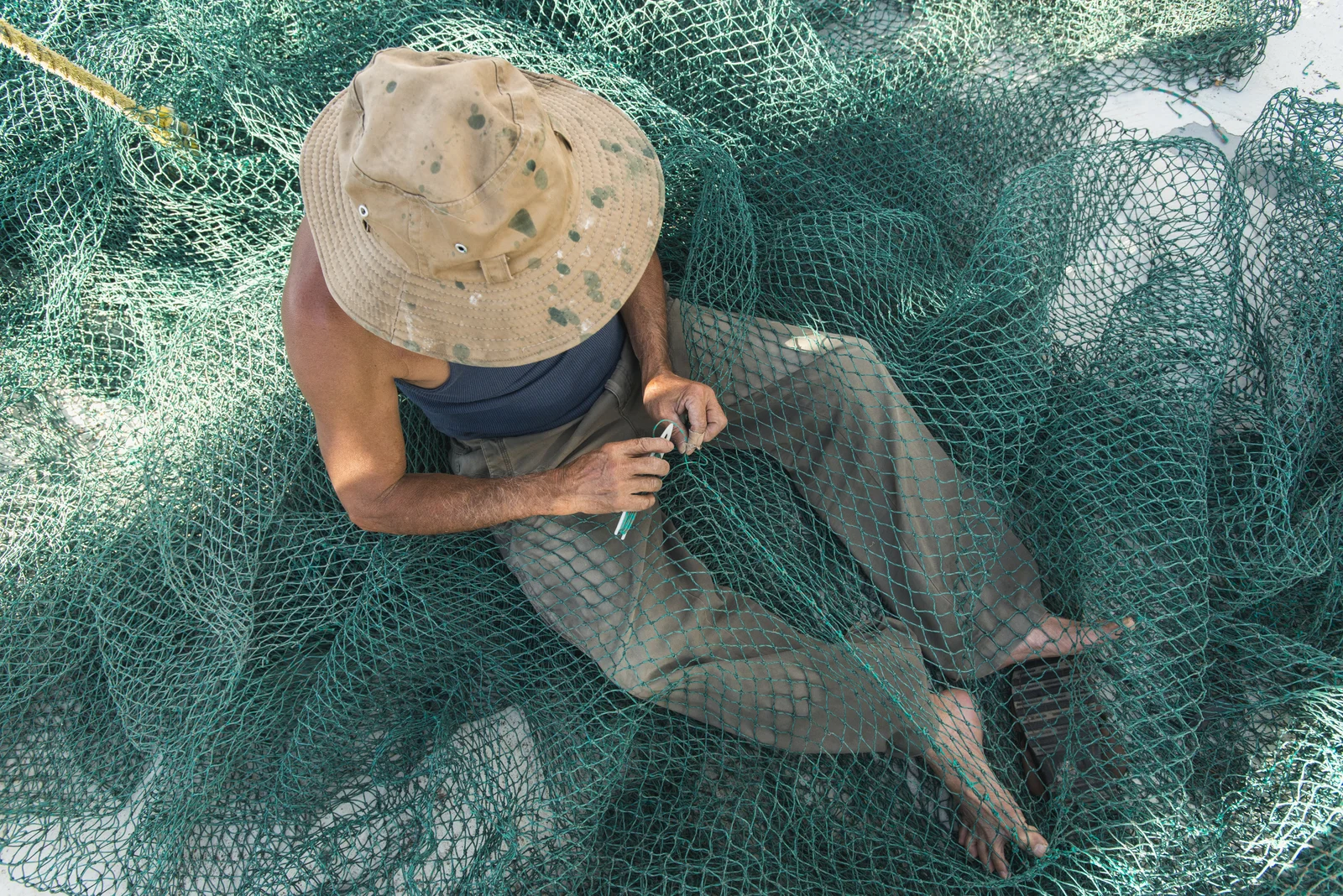This women’s History Month, TNC Washington celebrates the accomplishments of women in conservation who offer critical contributions to the field, while simultaneously facing unique challenges of gender bias in a world dominated by men.
Climate Chronicles: Common Climate Vocabulary Shaping a Movement
Climate Chronicles: Reflections from TNC Washington's Director of Climate Action and Resilience
Rematriating Buffalo in Washington State
68 bison were rematriated to the Kalispel Tribe of Indians as part of the North American Team’s partnership with InterTribal Buffalo Council (ITBC). For more than 30 years, ITBC has worked to restore spiritual and cultural relationships between Tribal Nations and buffalo. This partnership illuminates the importance of buffalo beyond their conservation merit—a keystone species for grasslands and prairies. The new Kalispel buffalo are the first from this partnership to be relocated to Washington state. They joined an existing herd, which primarily supports Kalispel food sovereignty and their generous spirit.
Native American Heritage Month
This month, Tribal Nations across the United States are celebrating National Native American Heritage Month, honoring their sovereignty, traditions, languages and stories. We acknowledge and elevate this month, and every month, alongside Native American, Alaska Native, Native Hawaiian, and affiliated Island communities. Indigenous Peoples are the original caretakers of nature—their longstanding relationship with the land has culminated in extensive knowledge and practices, which are vital to successful, reciprocal conservation outcomes.
BIPOC Outdoors: Earth Day on Yellow Island
A Year-End Letter to Our Supporters
The Climate Commitment Act: A Promise to Washington's Communities
Highlight: Washington Black Lives Matter Alliance Legislative Agenda
Our 2021 State Legislative Priorities
Conservation Isn’t Possible Without Justice and Equity for all People
When volunteers started the Washington chapter of The Nature Conservancy 60 years ago, they were driven to set aside some of the state’s rare and fragile habitats as a museum of living history. Since then, with support from thousands of people across the state, the Conservancy has protected and preserved many of our most precious places, including landmarks like the Point of Arches on the Washington coast and eagle habitat on the Skagit River. Today, we continue to steward more than a hundred thousand acres of land, notably at Moses Coulee, the forests in the Central Cascades in Kittitas County, Port Susan Bay on Puget Sound, and the salmon rivers of the Olympic Peninsula.
But saving isolated special places, while crucial, is not enough. We recognize what the Indigenous people of this region have always known—the well-being of people and nature cannot be separated. The natural and social systems that support healthy forests, rivers, and runs of salmon also support the health and well-being of people. Practices that lead to pollution and loss of habitat and species also damage people.
Guided by science and by experience, the Conservancy works with a diverse array of partners in support of policies, funding mechanisms, and on-the-ground projects that sustain healthy lands, waters and communities.
In this pivotal moment, the Conservancy acknowledges that, as part of the mainstream conservation movement, we benefit from a white-dominant culture and operate comfortably in an unjust, racist society. It’s time to focus on the inextricable connection between conservation and racial, social and economic justice, and commit to using our resources toward equitable and effective conservation. We must actively work to change systems that rationalize harm to the environment and communities as the unavoidable cost of a prosperous society. Those harmful impacts land most heavily on communities that have historically been excluded from decision-making.







